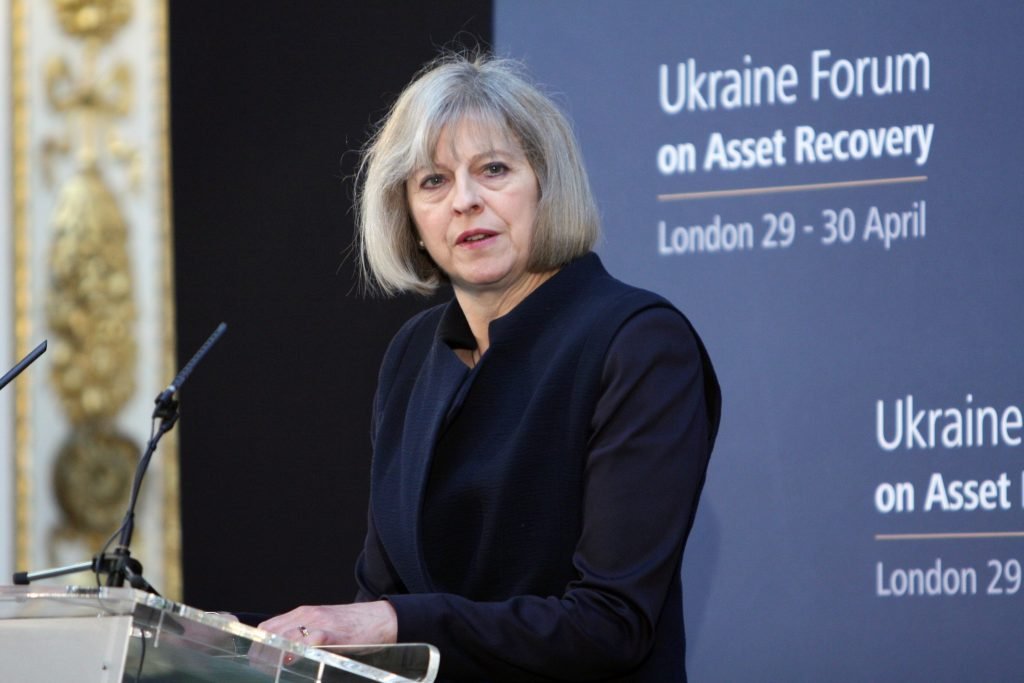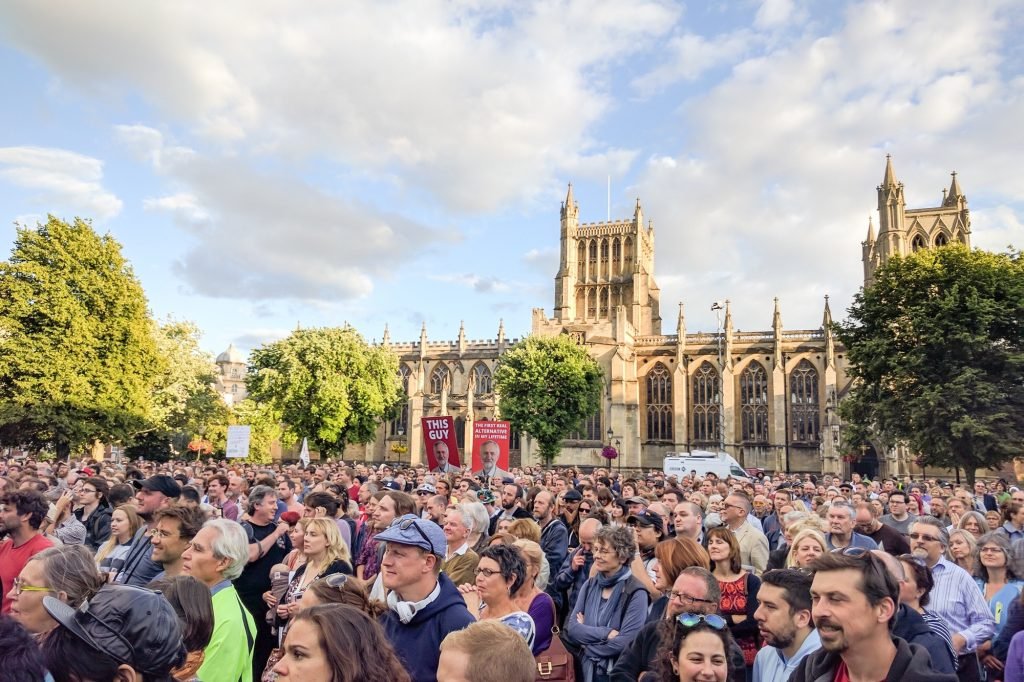On June the 8th, British voters went to the polls in a snap election called by Prime Minister Theresa May. Two months before, the polls had the Conservatives on 46 percent of the vote, to Labour’s 26 percent; everyone thought it would be a landslide. Only May’s Conservatives lost seats. Alex Stargazer from Great Britain explains.
The question that is on everyone’s mind — be it political commentators, several reputable pollsters, and of course, May herself — is surely: how did it come to this? Barely two months ago, it seemed inevitable that she would win, and win big. By embracing Brexit, and indeed presenting herself as the Queen of Brexit, May believed she would win millions of votes from people who voted UKIP (an anti-immigration party) two years ago. On top of that, Labour was in chaos: Corbyn (Labour’s controversial leader) had faced a motion of no-confidence, a walkout by his Shadow Cabinet, and was the most unpopular leader in opposition history.
And yet, here we are, in an election where Labour gained seats (and a rare 40 percent of the vote share) while May has lost her majority. What gives? What led May from being the uncrowned queen to the empress with no clothes?

Mysterious causes
In political science, as with any other complex phenomenon, events cannot be reduced to a single sound-bite cause. But a few things emerge from the picture. Firstly, not all of the polls were predicting that May would win a majority; in fact, YouGov predicted the result closely. The reason? The young would come out and bloody vote.
This explains how Labour won Canterbury — a seat that has returned Tory MP’s since 1841. This election would have been no different, unless Canterbury’s significant student population had not turned out to vote Labour. Of course, once this fact is established, the question invariably becomes: why?
The Conservative–Liberal Democrat coalition government of 2010–2015 had tripled tuition fees to 9000 pounds (approximately 10,000 euros) despite the latter party having promised to abolish them. Labour also promised to abolish fees. And — unlike the former Liberal Democrat leader, Nick Clegg, who lost his seat in this election — students actually trusted him to do it.
Indeed, Corbyn’s personality is part of the reason why Labour connected with young people: he is seen as a man of integrity, good humour, in-touch with youth problems. Tuition fees were not the only example; housing benefit and the minimum wage were also important.

Dreadful campaign
As I say, however, political phenomena cannot be reduced to one cause. Several other factors come into play. To begin with, the campaign: Anna Soubry, a Conservative herself, described it as ‘dreadful’. She refused to attend debates (preferring instead to give clichéd speeches to factories full of Conservative activists); her manifesto was uncosted, budgeting free school breakfasts for only 8p (0.10 cents) each. Her so-called ‘dementia tax’ — a policy that would force people in need of social care to sell their houses — played badly with her core constituents, and her subsequent U-turn damaged her supposedly ‘Strong and Stable’ leadership.
Labour, by comparison, produced a manifesto that wasn’t just costed — it was also hugely popular, addressing the enormous challenges of the day: the NHS, education, and nationalization of natural monopolies like rail and energy.
In addition to all of the above, the collapse of UKIP brought Labour some votes (albeit not as much as it did the Tories) while many Green voters also returned to Labour. Even SNP voters in Scotland chose him, perhaps due to his opposition of independence, or perhaps because they feared the prospect of a Tory coronation.
But what is the conclusion to be drawn here? I have already brought up the youth vote. This is the most notable aspect of the election, and, if it continues, it will change the political rulebook forever. Nonetheless, it is not nearly enough to elect change; it is not nearly enough to build a progressive alliance. For that, Labour will need to fuse all of its great policies — scrapping tuition fees, building housing, nationalizing utilities — with a leadership that convinces people Labour is a government in waiting.



